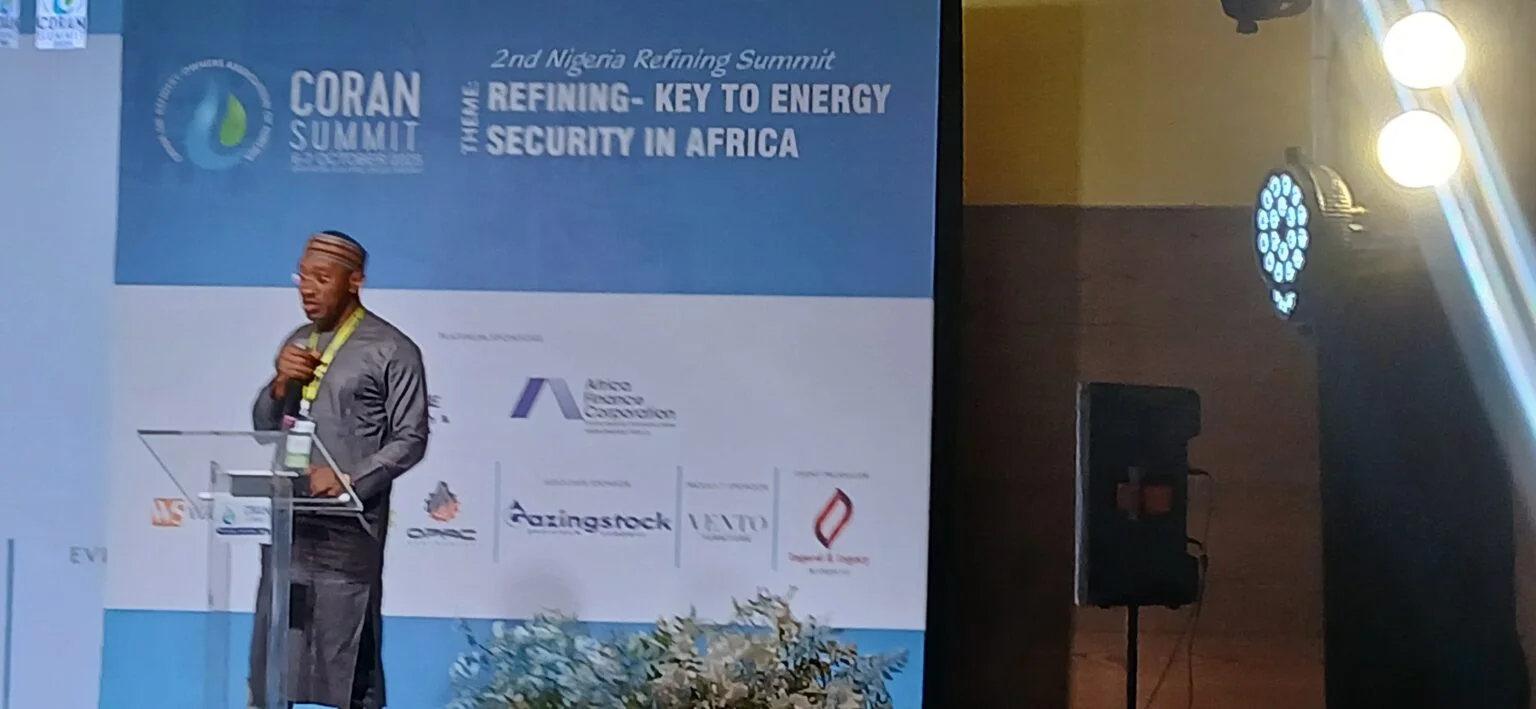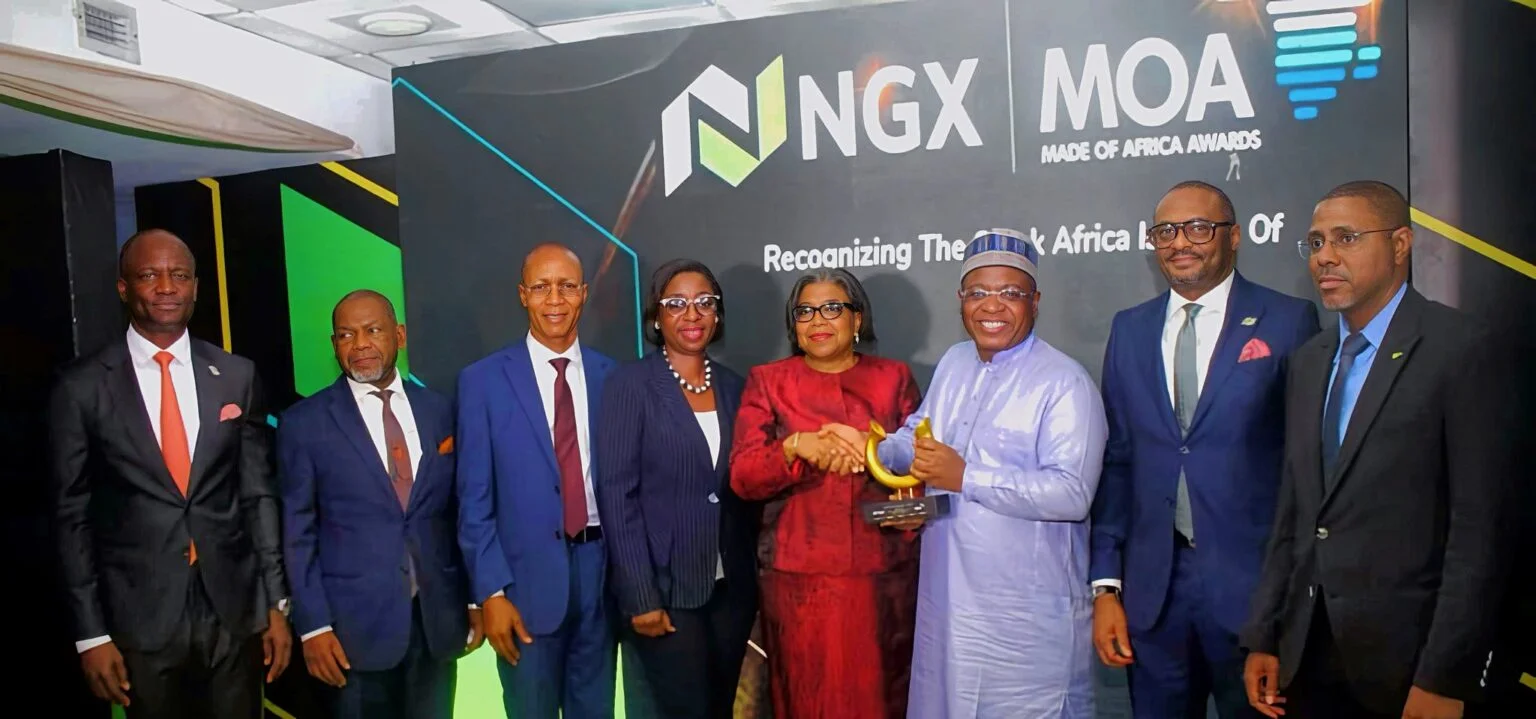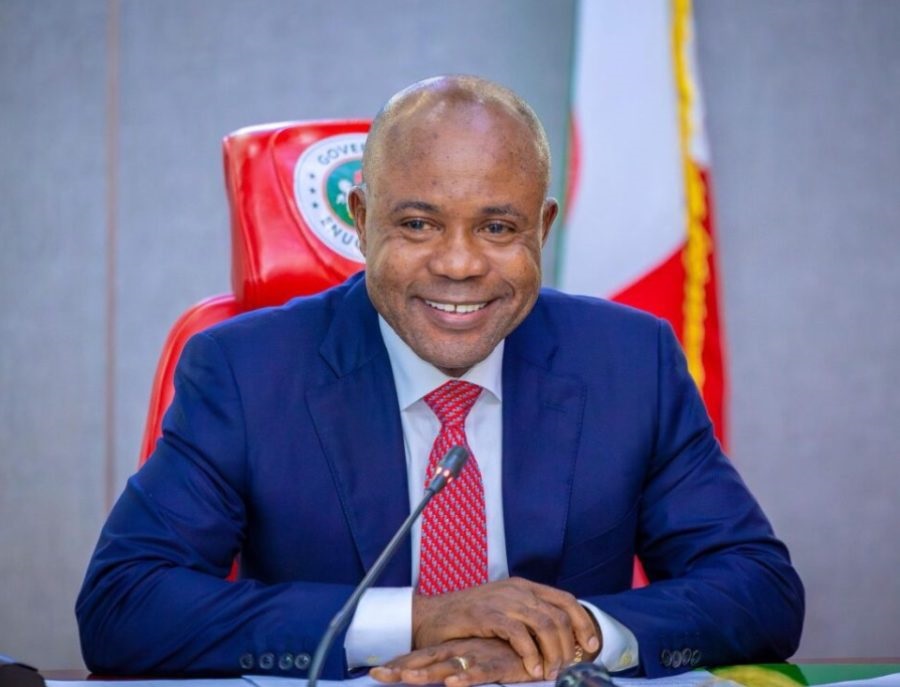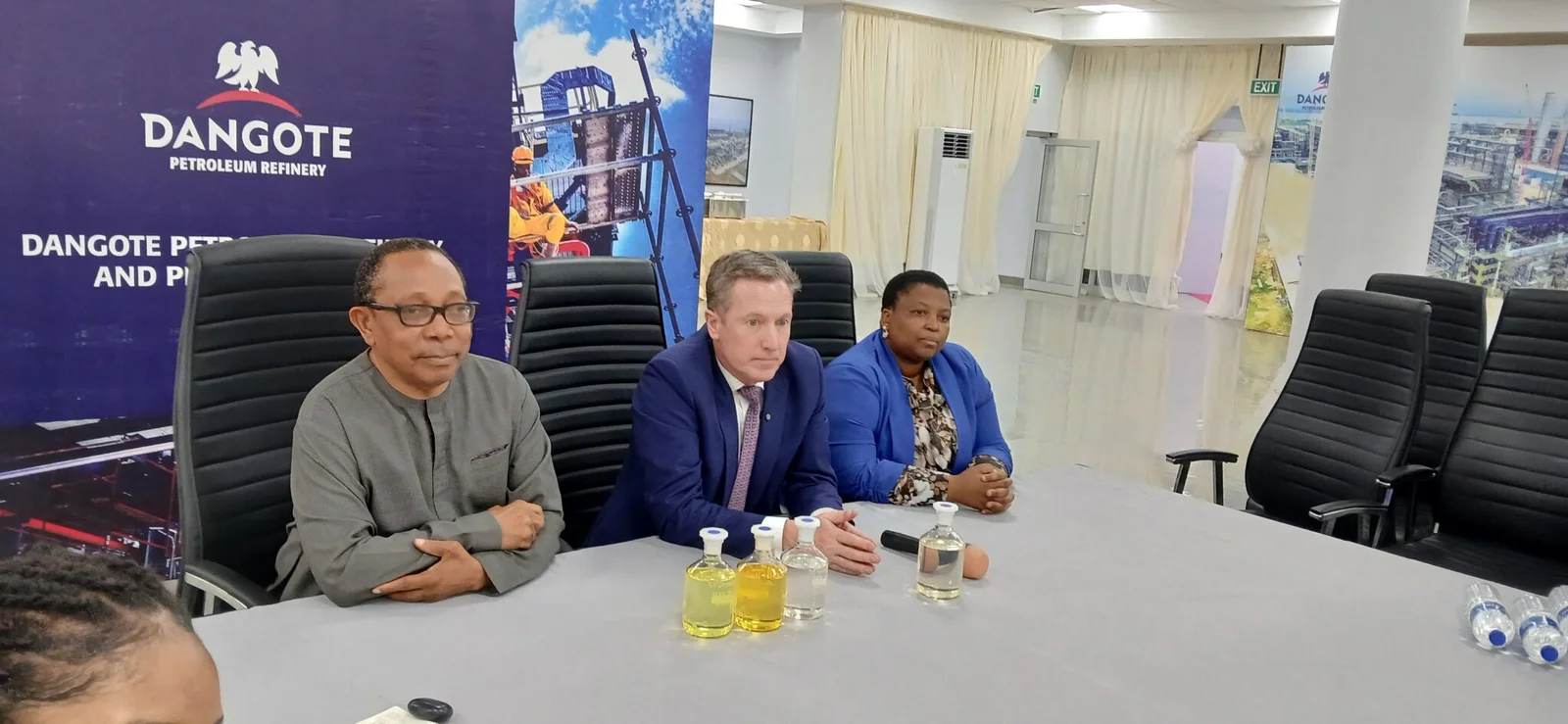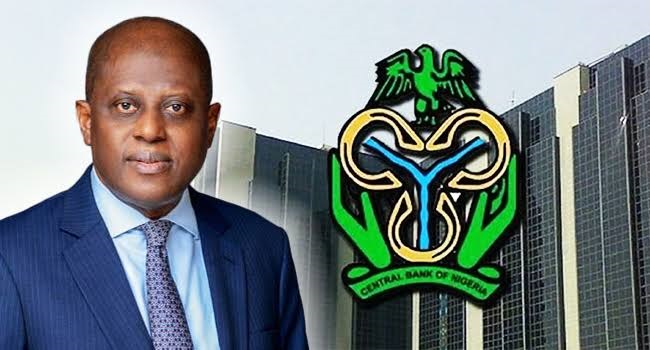The Nigerian government says it is determined to transform the country into a refining hub for West Africa as part of a wider strategy to secure energy independence and add value to every barrel of crude oil it produces.
Minister of State for Petroleum Resources (Oil), Heineken Lokpobiri, speaking through his technical adviser at the 2025 COREN Summit in Lagos, outlined policies to expand refining capacity, stabilise the economy and boost regional trade.
He said initiatives such as the “Naira for Crude” agreement are helping to reduce production costs and shield refiners from exchange rate instability. Through the Domestic Crude Oil Supply Obligation (DSCO), the government is also guaranteeing feedstock for domestic operators.
Highlighting recent progress, Lokpobiri cited facilities such as the Dangote Refinery, Waltersmith Petroman Refinery and Aradel Holdings as proof of Nigeria’s growing capacity. He described them as “symbols of confidence” in government policy and pledged further support to indigenous investors.
As part of its regional ambitions, Nigeria has launched the West African Fuel Reference Market to strengthen its role as a petroleum supply hub, aligning with the African Continental Free Trade Area’s vision of energy integration.
The minister said reforms under the NMDPRA had streamlined refinery licensing and eliminated red tape, while broader efforts are being made to tackle crude theft, pipeline sabotage and improve community relations in oil-producing areas.
“No nation can claim energy independence without refining its own crude,” Lokpobiri said. “With stronger cooperation among African states, we can ensure that Africa refines what it produces and powers its future through its own resources.”

